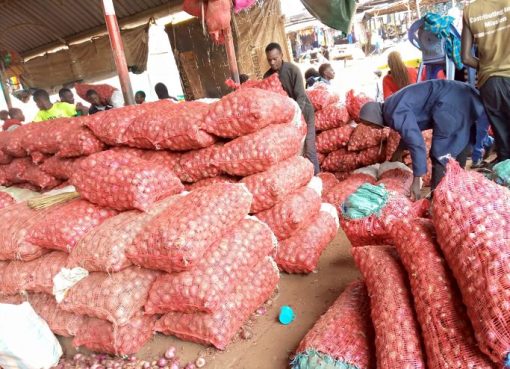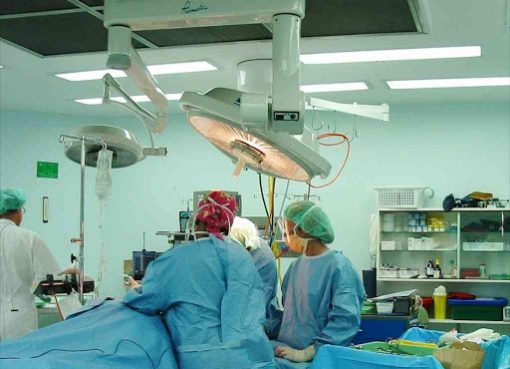A global environmental conservation group has raised alarm over the safety standards of foods being sold in the markets after a local TV station aired a shocking expose on alleged toxic meat in Kenyan butcheries.
Following the damning allegations, Greenpeace Africa now terms the expose (which was run by NTV on Sunday) shocking as it poses serious health risks to members of the public.
According to the story that has elicited a public outcry, much of the meat being sold in the markets today is usually treated with toxic chemicals such as sulphites to preserve its freshness.
Greenpeace Africa, through its Country Food Campaigner, Claire Nasike is now calling upon the Kenyan government to urgently address the matter and ensure those behind the scam are brought to book.
“Meat laced with lethal chemicals on Kenya’s shopping aisles is a shocking revelation. This is the tip of the iceberg illustrating the underhand malpractices in the food industry. It is sad to see Kenya’s leaders politicising food issues instead of providing urgently needed solutions,” she says.
Food experts advise that Sulphites are generally safe when used within recommended limits but on the flip side can cause serious health side effects such as nasal congestion, itchy throat, running nose among others.
She further called upon health safety enforcers to remain vigilant on the kind of food being sold to consumers and ensure it meets all the recommended safety standards.
Nasike claims the weekend story is not the first of its kind in the country and could be an indication of how lax those entrusted to oversee the safety of foods have become.
She singled out the Kenya Bureau of Standards as one of such bodies entrusted to oversee the safety of what is consumed in the country and challenged the State agency to be more proactive in its mandate.
“This is not the first time that investigators have found illegal additives and chemicals that go into foodstuffs sold in our local markets. The government needs to tighten measures on food safety as it is of national importance. Government agencies such as the Kenya Bureau of Standards (KEBS) need to be proactive and ensure that Kenyans have access to safe food and that vendors selling adulterated meat are brought to book,” added the official in a press statement sent to media houses on Tuesday.
The organisation is now warning that unless local food producers are sensitised on the need to observe sound safety standards on the products and goods they sell to consumers, millions of Kenyans are at the risk of contracting a myriad of diseases some with debilitating life challenges.
Greenpeace is an independent global campaign organisation that seeks to change attitudes and behavior, to protect and conserve the environment besides promoting enduring peace.
The Greenpeace movement was launched in 1971 when a group of concerned citizens were outraged by the United States government’s insistence on nuclear testing on the Alaskan Island of Kamchatka.
The organisation operates in 40 countries across Europe, the Americas, Asia, the Pacific and Africa.
By Samuel Maina



